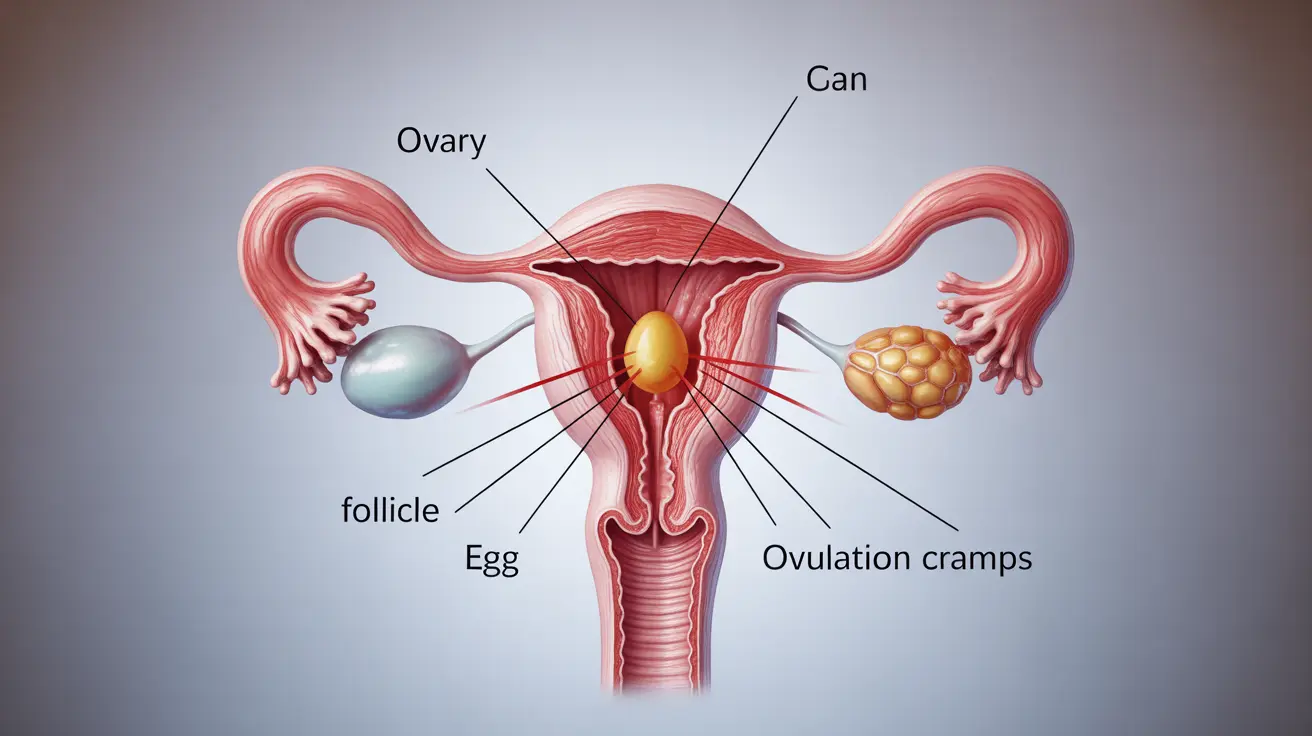For women living with bipolar disorder, the transition through menopause can present unique challenges as hormonal changes intersect with mood regulation. Understanding how these two significant health conditions interact is crucial for maintaining mental wellness during this important life phase.
This comprehensive guide explores the complex relationship between bipolar disorder and menopause, offering evidence-based insights and practical strategies for managing symptoms effectively.
Understanding the Connection Between Bipolar Disorder and Menopause
The menopausal transition brings significant hormonal fluctuations, particularly in estrogen levels, which can impact mood stability and potentially exacerbate bipolar symptoms. These hormonal changes can affect neurotransmitter systems in the brain, potentially leading to more frequent or severe mood episodes.
Common challenges during this period may include:
- Increased frequency of mood episodes
- More severe depression symptoms
- Greater difficulty with sleep
- Enhanced anxiety symptoms
- Heightened irritability
- Changes in medication effectiveness
Impact of Hormonal Changes on Bipolar Symptoms
During menopause, the dramatic shifts in hormone levels can significantly affect the presentation and management of bipolar disorder. Estrogen plays a crucial role in mood regulation and cognitive function, and its fluctuation can influence:
- Mood stability
- Energy levels
- Cognitive clarity
- Emotional regulation
- Sleep patterns
Treatment Strategies and Management Approaches
Medication Management
Effective treatment often requires careful coordination of psychiatric medications and hormone management. Healthcare providers may need to adjust existing medication regimens to account for hormonal changes and their impact on drug metabolism.
Hormone Replacement Therapy Considerations
The decision to use hormone replacement therapy (HRT) requires careful evaluation of individual risks and benefits. For some women with bipolar disorder, HRT may help stabilize mood swings, while others might need alternative approaches.
Lifestyle Modifications for Symptom Management
Implementing specific lifestyle changes can help manage both menopausal and bipolar symptoms:
- Maintaining consistent sleep schedules
- Regular physical exercise
- Stress reduction techniques
- Balanced nutrition
- Avoiding triggers
- Regular mood tracking
The Importance of Coordinated Care
Successfully managing bipolar disorder during menopause requires a collaborative approach between healthcare providers. This typically involves:
- Regular communication between psychiatrists and gynecologists
- Consistent monitoring of symptoms
- Periodic adjustment of treatment plans
- Integration of mental health and hormone management strategies
Frequently Asked Questions
How does menopause affect the symptoms of bipolar disorder in women?
Menopause can intensify bipolar symptoms due to hormonal fluctuations affecting mood stability. Women may experience more frequent mood episodes, increased depression severity, and changes in sleep patterns during this transition.
What treatment options are available for managing bipolar disorder during menopause?
Treatment options include adjusted psychiatric medications, hormone replacement therapy when appropriate, psychotherapy, and lifestyle modifications. The approach is typically individualized based on symptom severity and personal health factors.
Can hormone replacement therapy help with mood swings in women with bipolar disorder going through menopause?
Hormone replacement therapy may help some women stabilize mood swings during menopause, but its use must be carefully evaluated on a case-by-case basis, considering individual risk factors and existing bipolar treatment plans.
How can lifestyle changes like exercise and sleep habits improve bipolar symptoms during menopause?
Regular exercise, consistent sleep schedules, stress management techniques, and healthy nutrition can help stabilize mood patterns and reduce symptom severity. These lifestyle modifications can complement medical treatments effectively.
Why is it important to coordinate care between mental health professionals and gynecologists for women with bipolar disorder in menopause?
Coordinated care ensures that both mental health and hormonal aspects are properly managed. This collaboration helps prevent treatment conflicts, optimizes medication effectiveness, and provides comprehensive care for both conditions.




